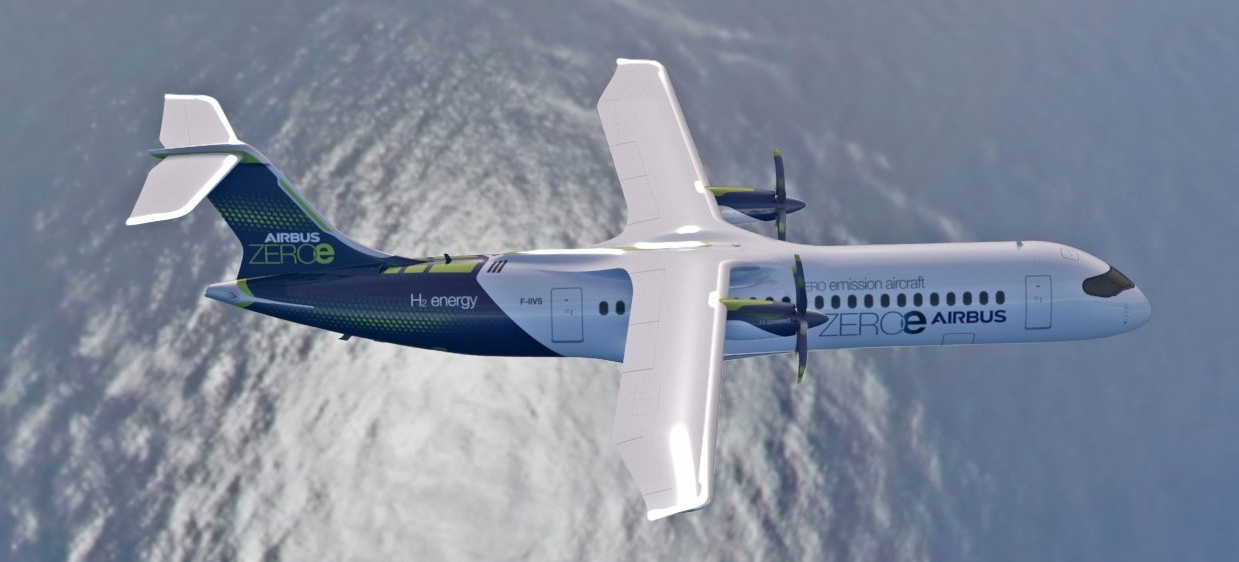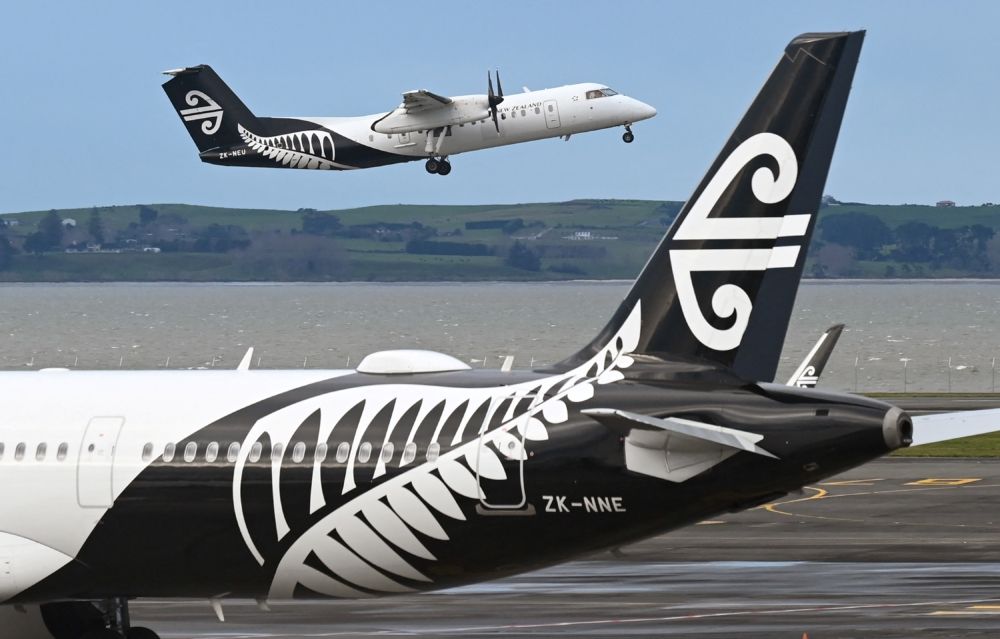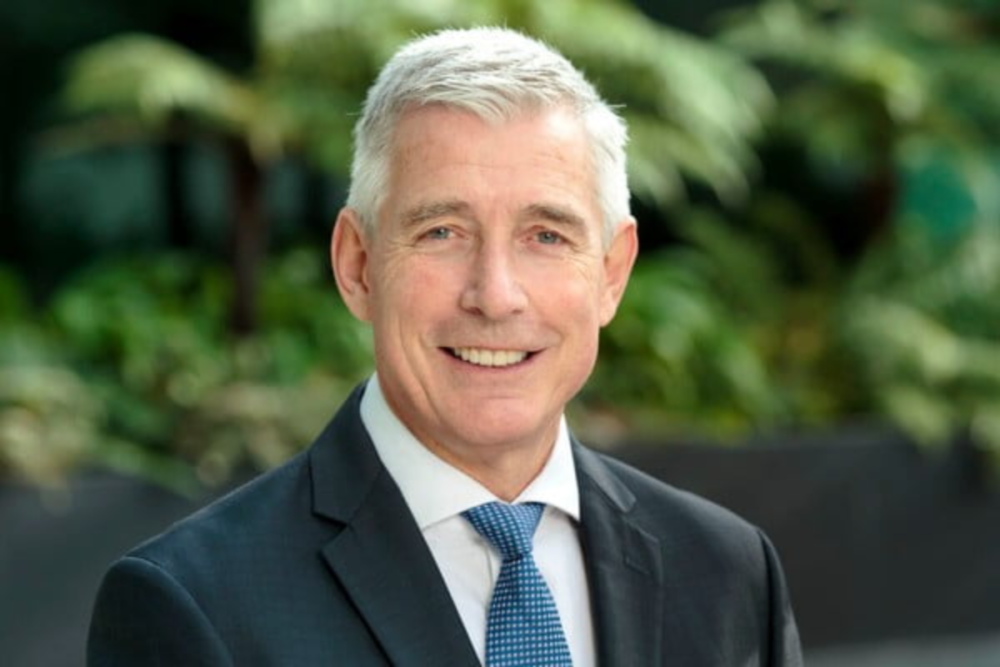Air New Zealand is teaming up with Airbus to research how hydrogen-powered aircraft could assist the airline with reaching its goal of net-zero emissions by 2050. The Auckland-based airline has signed a memorandum of understanding (MOU) with an eye to making hydrogen-powered aircraft a reality in New Zealand.
"This agreement brings us a step closer to our net zero emissions by 2050 commitment and to realizing our aspiration to put low carbon solutions in place for our shorter domestic and regional flights in the next decade," said Air New Zealand CEO Greg Foran on Thursday.
"New Zealand has a unique opportunity to be a world leader in the adoption of zero-emissions aircraft, given the country's commitment to renewable energy which can be used to generate green hydrogen and our highly connected regional air network."
Air New Zealand eyes a hydrogen-powered replacement for its short-haul turboprops
In later media briefings, Mr Foran indicated hydrogen-powered aircraft could operate short-haul domestic routes, replacing its fleet of turboprops. As the hydrogen-powered aircraft industry develops, the airline boss would like to see them operating trans-Tasman flights to Australia.
Airbus says it is currently studying three concepts for hydrogen-powered aircraft, including turboprop, turbofan and blended wing options. The European planemaker expects to be selling hydrogen-powered aircraft by 2035. That's still some time away, but Airbus Asia-Pacific President Anand Stanley says the MOU is another step towards that goal.
"This agreement with Air New Zealand will provide us with important insights about how we could put a zero-emission aircraft into service," Mr Stanley said. "The joint study will enable us to gain invaluable feedback on what airlines will expect and their preferences in terms of configuration and performance.”
Hydrogen-powered aircraft a part of Air New Zealand's broader sustainability goals
According to Airbus, Air New Zealand will analyze the impact hydrogen-powered aircraft may have on its network, operations, and infrastructure. For its part, Airbus will share expected aircraft performance and ground operations characteristics to support Air New Zealand in its decarbonization goals.
"We'll be working closely with Airbus to understand opportunities and challenges, including achievable flying range and what ground infrastructure or logistics changes may be required to implement this technology in New Zealand," says Air New Zealand Chief Operational Integrity and Safety Officer Captain David Morgan.
Air New Zealand has long considered decarbonization critical to the airline's long-term business success. While its long-haul flights may get the most attention, the bulk of Air New Zealand's flying is short-haul domestic flying - ideally suited to next-generation hydrogen or electric-powered aircraft.
Stay informed: Sign up for our daily and weekly aviation news digests.
Air New Zealand praised for sticking with sustainability
Jonathon Porritt, Chair of Air New Zealand's Sustainability Advisory Panel, says it would be easy for Air New Zealand to put sustainability on the "backburner" given the pressures the airline now faces because of the travel downturn.
Mr Porritt has previously praised Greg Foran for sticking with its carbon reduction program and overall sustainability strategy when it would be so easy to kick things down the road. He says it is imperative that Air New Zealand and other airlines pursue short and medium-term sustainability targets to achieve longer-term net carbon zero goals.
Air New Zealand's MOU with Airbus will run for two years. In that time, Greg Foran thinks between them, they'll come up with a hydrogen-powered plane prototype that would work for Air New Zealand. A few more years further down the track, the Air New Zealand CEO has no doubts hydrogen-powered aircraft will fly featuring Air New Zealand's livery.



